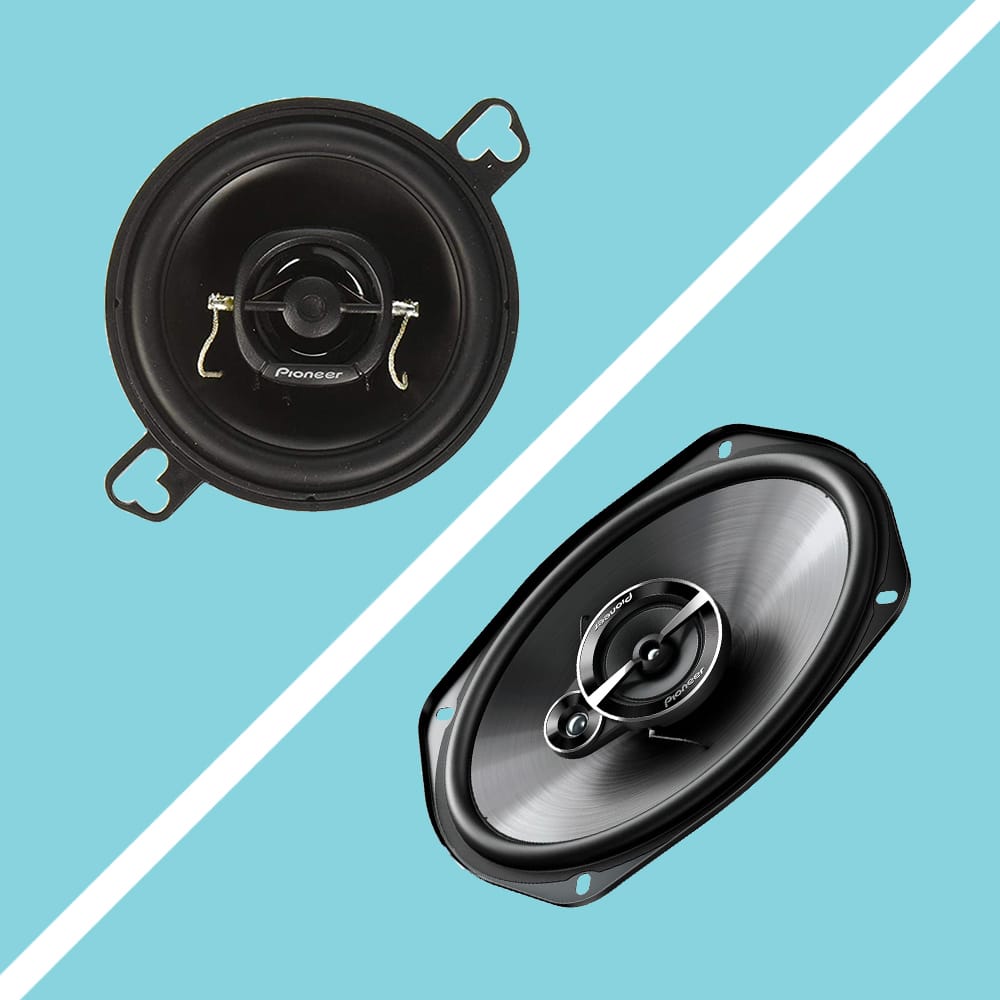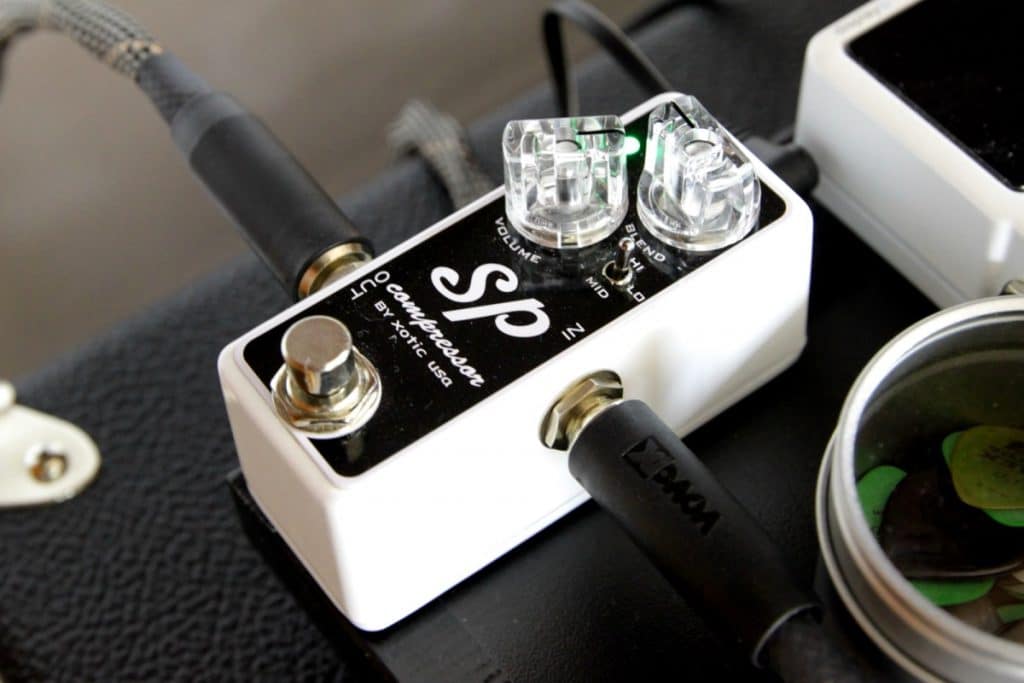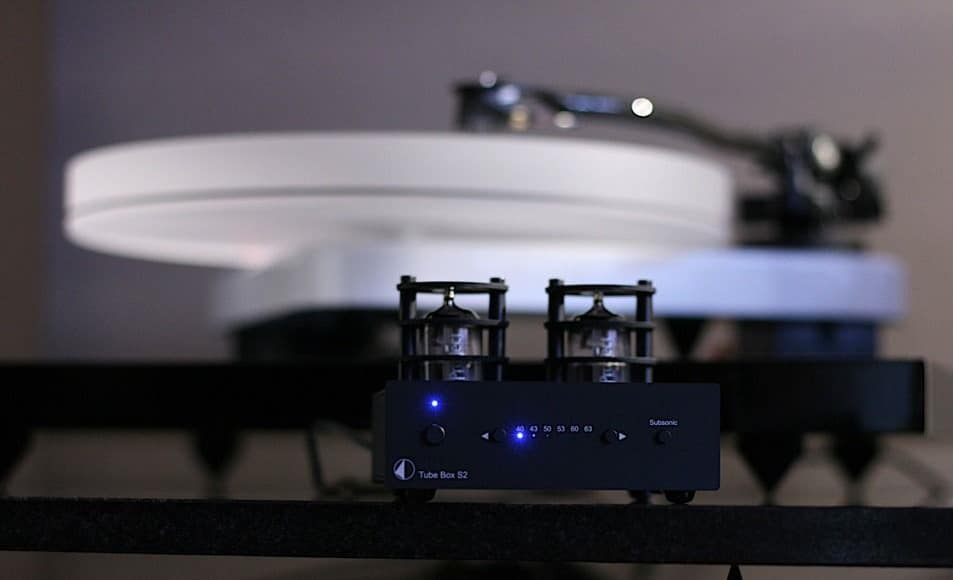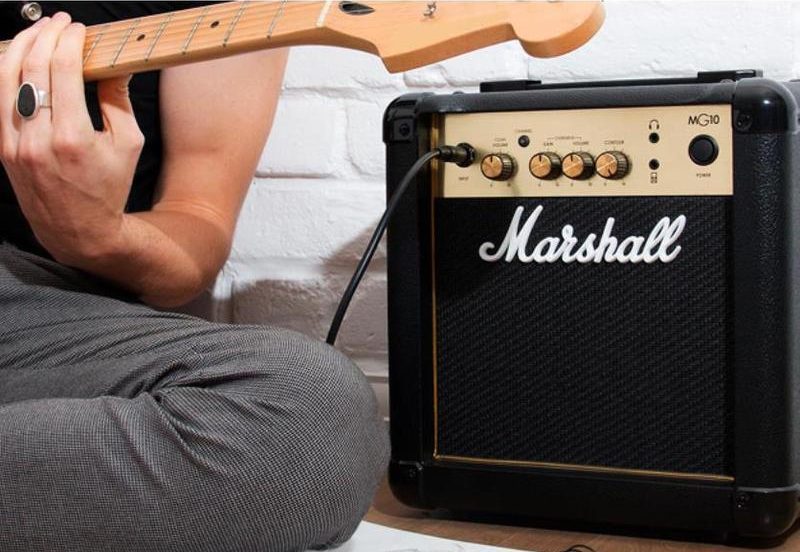No matter if you’re a guitar-playing pro or have just got your hands on the instrument for the first time, playing music is a unique and breathtaking experience. However, if you want your guitar sound in the best possible way, you should think of getting the proper equipment, like a high-quality guitar amp. They can be quite expensive, though, but don’t worry! We set out to help you find the best guitar amps under $200.
There isn’t just one type of amp, as you’ve probably already guessed by now. There are a wide selection of sizes and power ratings. You’ll see anything from a very small, portable, “practice” type amp, to heavy, big combo amps with a 100-watt amplifier, perfect for using in large venues. Not only that, but they can even change the tone of your guitar by boosting or minimizing particular frequencies by using equalizer controls. You can even use some electronic effects to change the sound, such as distortion/overdrive, or reverb.
With that, we know that it can be difficult to choose the best guitar amp under $200, with the wide selection this market has to offer, and the variables that go into choosing the right one. We’ve created a guide that’s user-friendly, starting with a quick table for you to skim through each selection and compare and contrast. Next, you’ll find in-depth reviews of each amp, and finally, a buying guide to ensure you are checking off each box. Let’s get started!
More features: more than 200 updated amps, cabs and effects models, built-in tuner, metronome and real drummer loops, remote editor app
Line 6 may not be as huge as Fender, but they’re still a brand worth recognizing in the music world. Just a couple years ago, they came out with their new Spider V series, and the Spider V30 has a lot to offer for those looking for a good amp on a budget.
The V30 features an 8” speaker, with tweeters for a fuller sound. However, it does lack the wireless receiver that the other models in the Spider V series have, so if that’s an issue, you may want to opt for one of those. However, they may cost you more. We did like the fact that it features XLR outputs, an aux input for hooking up a smartphone, and an FBV pedal input for connecting a Line 6 foot controller. Oh, and they also have a headphone jack for you to practice quietly.
What really sets this unit apart from the others in this price range, is that it has built-in drum loops, a metronome, along with a whole bunch of other effects and amps. It’s a full amp sim suit built-in to portable hardware, and there’s no need for extra pedals or other gear, as it has pretty much everything you could want already included.
In addition, the Spider editor app makes adjusting presets and creating personalized signal chains and tones easy and fast to do. The amp is essentially an audio interface as well, and can be directly hooked up to a computer to record in a DAW, even including Cubase LE.
The downside? That the speaker is pretty weak, especially regarding the low end of the spectrum. In addition, if you’re not a fan of a ton of presets and effects, this may be intimidating or even annoying to have so many on there.
More features: digital ‘tape’ delay effect; patented Infinite Shape Feature, Clean and Overdrive channels
If you thought you’ve seen a small amp, you haven’t seen nothing until you’ve encountered the Blackstar FLY3. We’ve seen bugs bigger than this 7” little box. The 3” driver is described as “full-range”, which it does live up to, but is really only ideal for those looking for a practice amp.
However, it does have some features that make it fun and flexible to play with. It has two stereo mini-jack sockets, and the input lets you connect a smartphone, your laptop, or tablet, which is awesome if you want to play along with your favorite tunes. The headphone output is also fun if you want to play without anyone else hearing you. There are different controls for preamp Gain and master Volume, as if you want to really rock out, you can engage the overdrive circuit! You’ll also see that under the EQs, it says “ISF”. What does that mean? That’s Blackstar’s signature “Infinite Shape Feature”, which has American-style clarity at one end, and a more full, dark, British tone at the other.
They also give you Delay, with a mini-knob for the level, and a full-size one for time. While you won’t get as much flexibility as you would with a dedicated delay pedal, that’s probably to be expected from this price point. It even includes six rechargeable AAs, which last around 50 hours of playing at low volumes, and only four at full volume. While that makes it portable, it can also be quite inconvenient if you want to play at higher levels.
The sound itself, is quite impressive, considering the small size of the amp. It’s very clear, but once turned up a bit, gets a bit thicker and crunchier. Overall, though, it is ideal just if you’re using it for practice.
More features: Clean and Booster channels
Are you a beginner just looking for a good amp at the absolute lowest price possible? Perhaps one that’s also easy and straightforward to use? Then you have to take a look at the Donner DEA-1 10W amp. Providing a surprisingly explosive tone with intuitive controls, even we were a bit surprised at such a low price tag.
It comes with a main volume control, along with your basic 3-band EQ controls to help you shape your sound how you’d like. The Booster switch gives you immediate overdriven sounds to deliver a more rock/grunge sounding that is often coveted. The amp features a 6.5” special design speaker, and selectable gain regulate.
Another popular feature, is the aux input where you can plug in your smartphone or slide in a CD to play along, or practice on your own with the 1/8” headphone output jack. The closed-back design gives a bit of a fuller, heavier bass, which is often lacking on amps comparatively priced.
The amp is ideal for guitar practice and even smaller venue performances. However, it might be too small for larger venues.
We don’t have many negatives to say about the Donner, to be honest, other than the fact that there aren’t many clear details about any kind of warranty, so take that into consideration when making a purchase. All in all, though, it’s an excellent budget product, and has some great features and sound, considering that.
More features: one line out (XLR with Ground Lift), built-in Chorus effect
If you’re looking for something a little more powerful than the last item on our list, then you may find yourself with the Fender Acoustasonic 40. If you’ve just started performing at smaller venues, this grab-and-go amp is just for you. While it may be one of the most basic models out there, it may be just the thing for your situation.
The amp features two channels that you can use for your guitar or a mic, should you need. If you’re a singer and a guitar-player, this encompasses everything you’ll need for your performance. You’ll find a master volume control, as well as your traditional 3-band EQ, and a reverb control. It also has two 6.5” special-design speakers with high-frequency whizzer cones drawing 40 watts of power. While it’s not going to facilitate your sound for larger venues, it’s perfect for coffee houses, bars, and busking.
How’s the sound? It’s very clean and organic – essentially, it’s a very “accurate” sounding amp. The basic EQ controls do the absolute necessary, and allow for easy adjustments. The fact that you can individually change the ambiance for each channel provides a bit more flexibility.
Are there any downsides? The fact that it only comes with a 1-year warranty isn’t the greatest, especially when other amps often offer 5-year warranties and up. Aside from that, the amp is quite basic, so if you enjoy using a lot of effects, you’re either going to have to go with another amp or add some guitar pedals into the mix.
More features: VTC Virtual Tube Circuitry
The Ultracoustic AT108 from Behringer is one of the best-sounding amps in this price range that we could find. It can be difficult to find a good acoustic amplifier at such a low price, while maintaining a good amount of power, retaining tone, and offering the flexibility that musicians need for their performances.
The controls are pretty basic, where you’ll find the main volume control for a mic and a guitar channel, along with a 3-band EQ for the guitar, and a power switch. It’s extremely simple, but it gets the job done, and it does it well. The design is also very eye-catching and attractive, with its brown leatherette covering and black grille cloth.
While it’s great for smaller performances, you can also practice well with it. It has a headphone output jack for quiet practice, and a CD input for you to play along. Its VTC (Virtual Tube Circuitry) gives a tube-like sound, and is clean, warm, and natural, with the EQs allowing you to adjust the tone as you please. Despite this, we still felt that it didn’t have the best sound out of this list. It doesn’t sound “bad”, by any means, but at times can feel a bit weak, particularly at the high end, even with some EQ tweaking.
Overall, it is listed at a great price, is attractive, and has some quality features within. However, we would probably say to keep this for bedroom practice, or very small gatherings of people.
More features: 17 various amp models, USB connectivity, software included
Are you in search of a crisp, clear sound? If you are having trouble finding an amp that can give you that, look no further than the Fender Mustang I V2 20-watt combo electric guitar amp. Although the amp is rather small in size, in sound, it is not.
You also receive all basic sound controls, as well as some preset effects to change your sound up a bit, should you like, including reverb, delay/echo, tremolo, phaser, and more. What really put this amp on the map for us was its USB connectivity and the FUSE software it comes with. These allow you so many possibilities, including customizing the sound, options, and effects. You can easily plug in your phone and play along with your favorite songs, or practice on your own with the 1/8thheadphone jack which simultaneously mutes the speaker output. Did we mention you can even create songs using the included Ableton Live Lite 8 Fender Edition recording software?
Who is this this ideal for? As it’s high-quality, and quite versatile, it can be an excellent option for many varied requirements. However, most would consider this a great practice or travel option. Regarding software compatibility, it makes for an excellent piece to explore all the options you can use to adjust the sound through your amp.
Perhaps the biggest “con” we found here, was the way the presets are constructed. They store effects, gain, volume, EQ, and other settings in the presets, so if you’re playing and want to change something up a bit, you have to start dialing the knob and wait for the amp to catch up and get it where you’d like it. However, this can be easily corrected with the software included in your purchase.
Just to ensure you’re purchasing the proper guitar amp for you and your guitar-playing needs, we’ve taken it upon ourselves to create a quick, yet comprehensive buying guide to answer any questions or hesitations you may have.
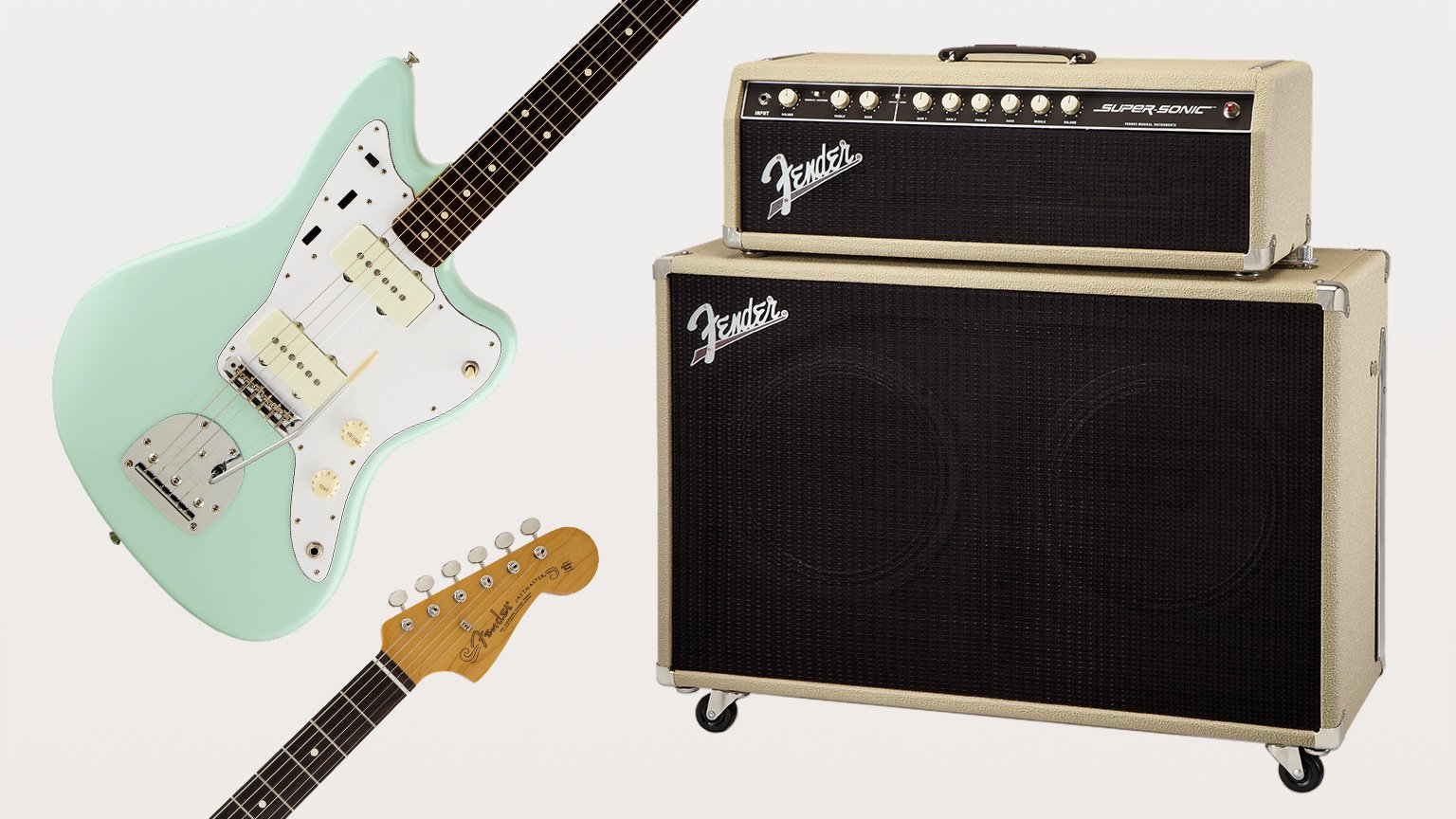
As previously mentioned, at the very least, you should have 3-band EQs so you can tweak and alter your tone how you like it. Most guitar players will quickly get bored with just this, and if you don’t have pedals, you will know what we’re talking about. Having a Booster button which sends your guitar into overdrive is a nice option to have so you don’t always have to go with the “clean” sound. Also, having USB connectivity or an aux input to play along with your favorite songs through your smartphone is always cool.
It’s also essential to think about where you’re going to be performing and what you’re going to use the amp for. Be realistic about the capabilities of the amp and the size of the venue you’ll be using it with.
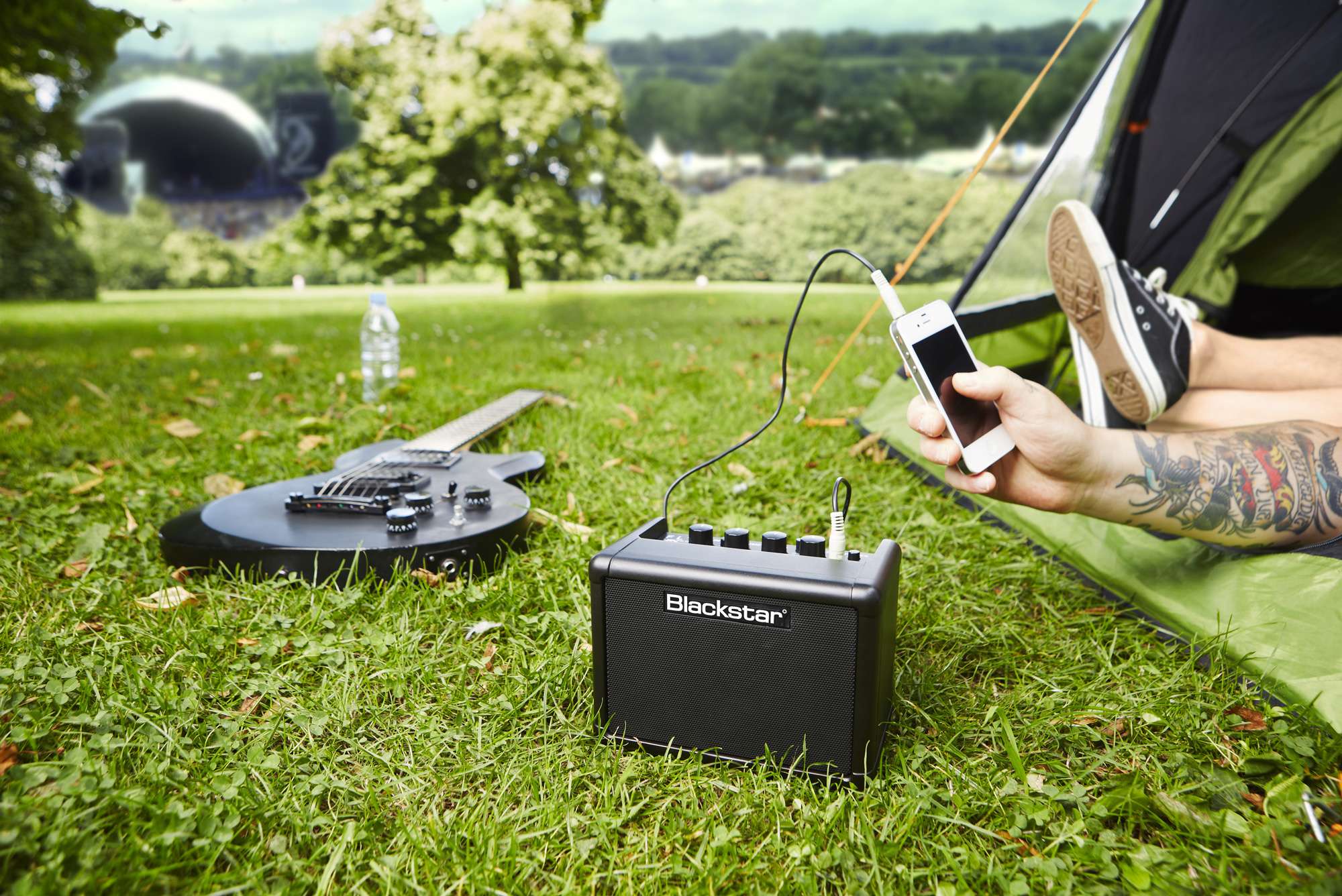
Again, think about how much power you’re going to need. If you’ll just be practicing, then even the smallest amount of watts will be okay. However, if you’re going to be playing smaller venues, you’ll want to go with at least, ideally, 10 watts, or better 20 watts and up to 40 watts in this price range.
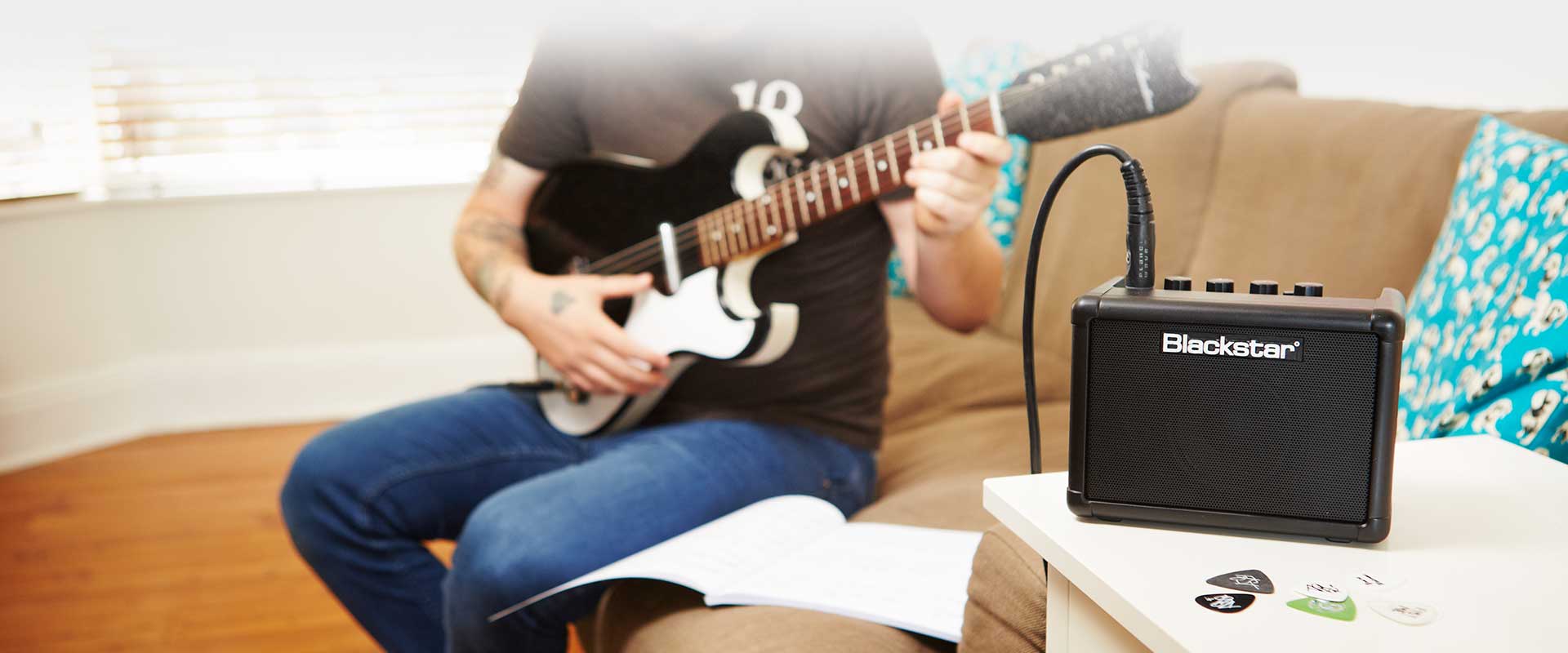
As we’d mentioned earlier, it’s important to take into consideration the warranty of your new amp. If your amp doesn’t have a warranty, that may be worth it, or it may not. Perhaps it’s affordable, but if it breaks on you in a month, then you’re out of luck. We recommend going with an amp that has at least a 3-year warranty, but preferably 5 years.
Please briefly answer the following questions:
All in all, we loved each one of these best guitar amps under $200. However, there were a few that really stood out to us. The first, is the Donner DEA-1, which is an affordable combo amp with a great tone and intuitive controls. It has built-in drum loops, a metronome, along with a whole bunch of other effects and amps. The Blackstar FLY3 is another favorite, with its excellent sound, many options to change the tone of the sound, and ease of portability. The Spider V30 was our ultimate favorite, due to the sheer amount of effects and features it has. It even lets you record directly into a DAW, and comes with Cubase! So, which one will be making its way into your bedroom?

